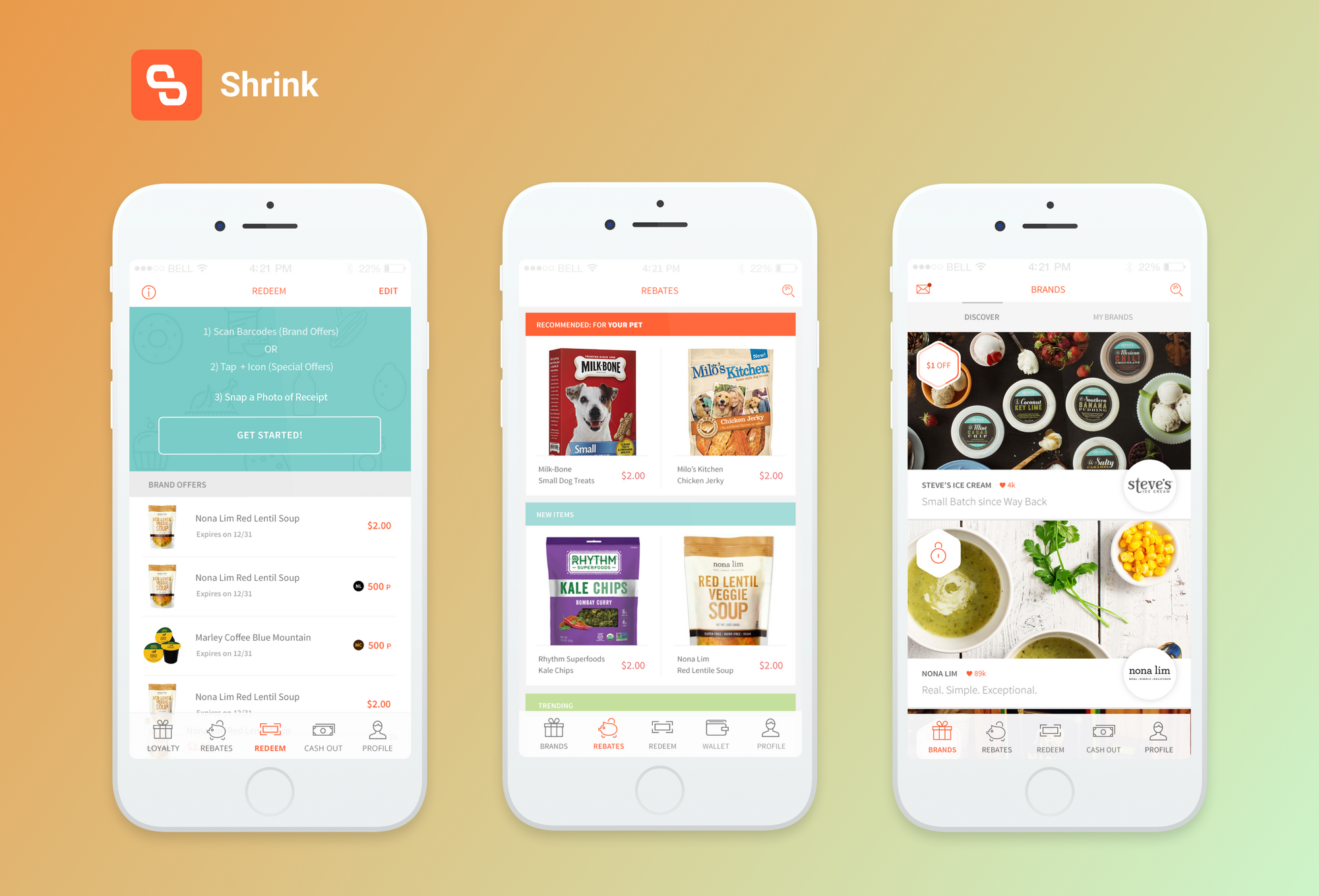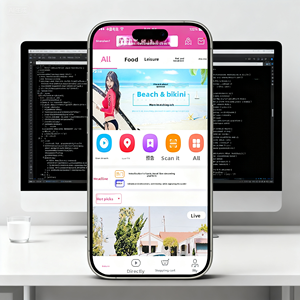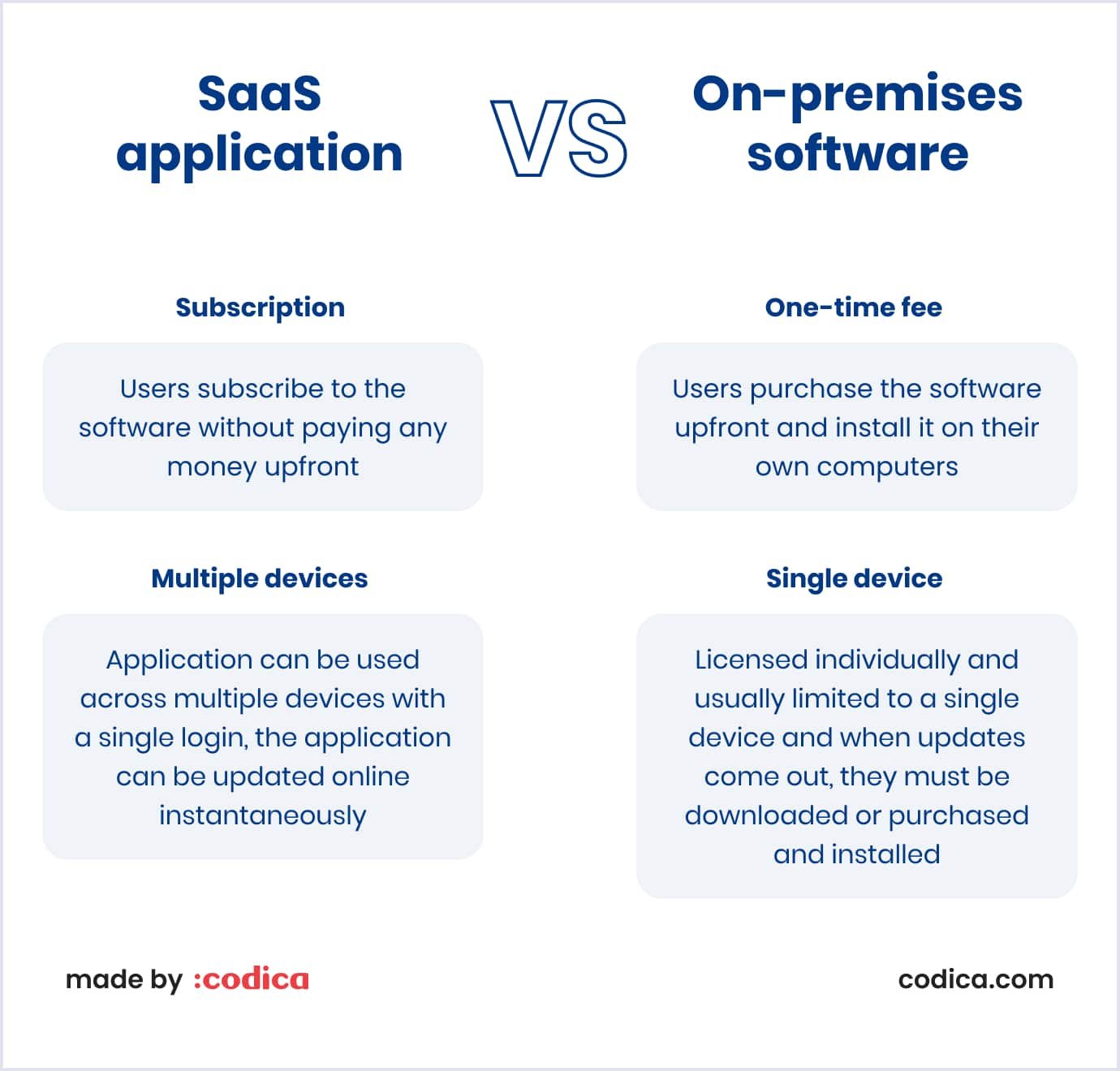The Power of App Development Platforms
In today’s digital age, the demand for mobile applications is constantly growing. Businesses and individuals alike are looking to create innovative apps to reach their target audience and streamline their operations. This is where app development platforms come into play.
An app development platform is a software solution that provides developers with tools and resources to create, test, and deploy mobile applications efficiently. These platforms offer a wide range of features, such as pre-built templates, drag-and-drop interfaces, and backend services integration, making the app development process more accessible to a broader audience.
One of the key benefits of using an app development platform is the speed at which developers can bring their ideas to life. With ready-made components and functionalities available at their fingertips, developers can focus on designing the user experience and adding unique features rather than starting from scratch.
Furthermore, app development platforms often include built-in analytics tools that help developers track user engagement, identify areas for improvement, and optimize their apps for better performance. This data-driven approach allows developers to make informed decisions throughout the app development lifecycle.
Another advantage of app development platforms is their ability to facilitate collaboration among team members. With features like real-time editing and version control, developers can work together seamlessly on a project regardless of their physical location. This promotes efficiency and ensures that everyone is on the same page throughout the development process.
Overall, app development platforms have revolutionized the way mobile applications are created and deployed. By providing a comprehensive set of tools and resources in one place, these platforms empower developers to build high-quality apps faster and more cost-effectively than ever before.
Top 9 Frequently Asked Questions About Choosing the Right App Development Platform
- What is the best platform for software development?
- What is an app development platform?
- What is a development platform example?
- Which software is mostly used in app development?
- Which is the best platform to create an app?
- What is a platform in application development?
- How much does it cost to build an app?
- What’s the best platform to build an app?
- How much does it cost to build an app platform?
What is the best platform for software development?
When it comes to choosing the best platform for software development, the answer largely depends on the specific requirements and goals of the project. There is no one-size-fits-all solution, as different platforms offer varying features, tools, and capabilities. Factors to consider include the programming languages supported, ease of use, scalability, community support, integration options, and cost. It is essential for developers to evaluate their needs carefully and conduct thorough research to select a platform that aligns with their project objectives and technical expertise. Ultimately, the best platform for software development is one that empowers developers to create high-quality applications efficiently and effectively.
What is an app development platform?
An app development platform is a software solution that offers developers a comprehensive set of tools and resources to create, test, and deploy mobile applications efficiently. It provides a centralized environment where developers can access pre-built templates, drag-and-drop interfaces, and backend services integration to streamline the app development process. Essentially, an app development platform simplifies the complexities of creating mobile apps by offering ready-made components and functionalities, enabling developers to focus on designing user experiences and adding unique features to their applications.
What is a development platform example?
A common example of a development platform is Android Studio, which is a popular integrated development environment (IDE) used by developers to create Android applications. Android Studio provides a comprehensive set of tools, including code editing, debugging, and testing capabilities, making it easier for developers to build and deploy mobile apps for the Android operating system. By utilizing Android Studio as a development platform example, developers can leverage its features to streamline the app development process and create high-quality applications for a wide range of devices.
Which software is mostly used in app development?
In the realm of app development, there are several software tools that are widely used by developers to create innovative and functional mobile applications. Some of the most commonly used software in app development include integrated development environments (IDEs) like Android Studio for Android app development and Xcode for iOS app development. These IDEs provide a comprehensive set of tools, libraries, and emulators to streamline the app creation process. Additionally, programming languages such as Java, Swift, and Kotlin are frequently utilized in conjunction with these software tools to code the logic and functionalities of mobile apps effectively. By leveraging these popular software options, developers can bring their app ideas to life with efficiency and precision.
Which is the best platform to create an app?
When it comes to choosing the best platform to create an app, there is no one-size-fits-all answer. The ideal platform for app development depends on various factors, including the specific requirements of the project, target audience, budget constraints, and technical expertise of the development team. Some popular app development platforms include native platforms like iOS (using Swift or Objective-C) and Android (using Java or Kotlin), cross-platform frameworks such as React Native and Flutter, as well as web-based solutions like Progressive Web Apps (PWAs). It is essential for developers to carefully evaluate their needs and goals before selecting the platform that best aligns with their project objectives and resources.
What is a platform in application development?
In the context of application development, a platform refers to a software environment that provides developers with the tools, frameworks, and resources needed to create, test, and deploy applications. Essentially, a platform serves as a foundation on which developers can build their applications by offering standardized components and services that streamline the development process. This includes features such as programming interfaces, libraries, and development kits that help developers write code more efficiently and effectively. By leveraging a platform in application development, developers can focus on building innovative features and functionalities for their apps without having to worry about the underlying infrastructure complexities.
How much does it cost to build an app?
The cost of building an app can vary significantly depending on various factors such as the complexity of the app, desired features and functionalities, platform compatibility, design requirements, and development time. Basic apps with standard features may cost less to develop compared to complex apps that require advanced functionalities and integrations. Additionally, hiring experienced developers or a development team can impact the overall cost. It is recommended to consult with app development professionals to get a detailed estimate tailored to your specific app requirements and budget constraints.
What’s the best platform to build an app?
When it comes to choosing the best platform to build an app, there is no one-size-fits-all answer. The ideal platform for app development depends on various factors, including the specific requirements of the project, the target audience, budget constraints, and the technical expertise of the development team. Some popular app development platforms include native platforms like iOS (using Swift or Objective-C) and Android (using Java or Kotlin), cross-platform frameworks like React Native and Flutter, as well as web technologies such as HTML5 and JavaScript. It’s essential to evaluate each platform’s strengths and weaknesses in relation to your project goals to determine which one aligns best with your needs for functionality, performance, scalability, and maintenance.
How much does it cost to build an app platform?
The cost of building an app platform can vary significantly depending on various factors such as the complexity of features, design requirements, development time, and the expertise of the development team. Custom app platforms tailored to specific needs and functionalities may require a higher investment compared to using pre-built templates or frameworks. Additionally, considerations like backend infrastructure, security measures, ongoing maintenance, and scalability can also impact the overall cost. It is essential for businesses to carefully outline their requirements and budget constraints before embarking on app platform development to ensure a successful and cost-effective project delivery.




